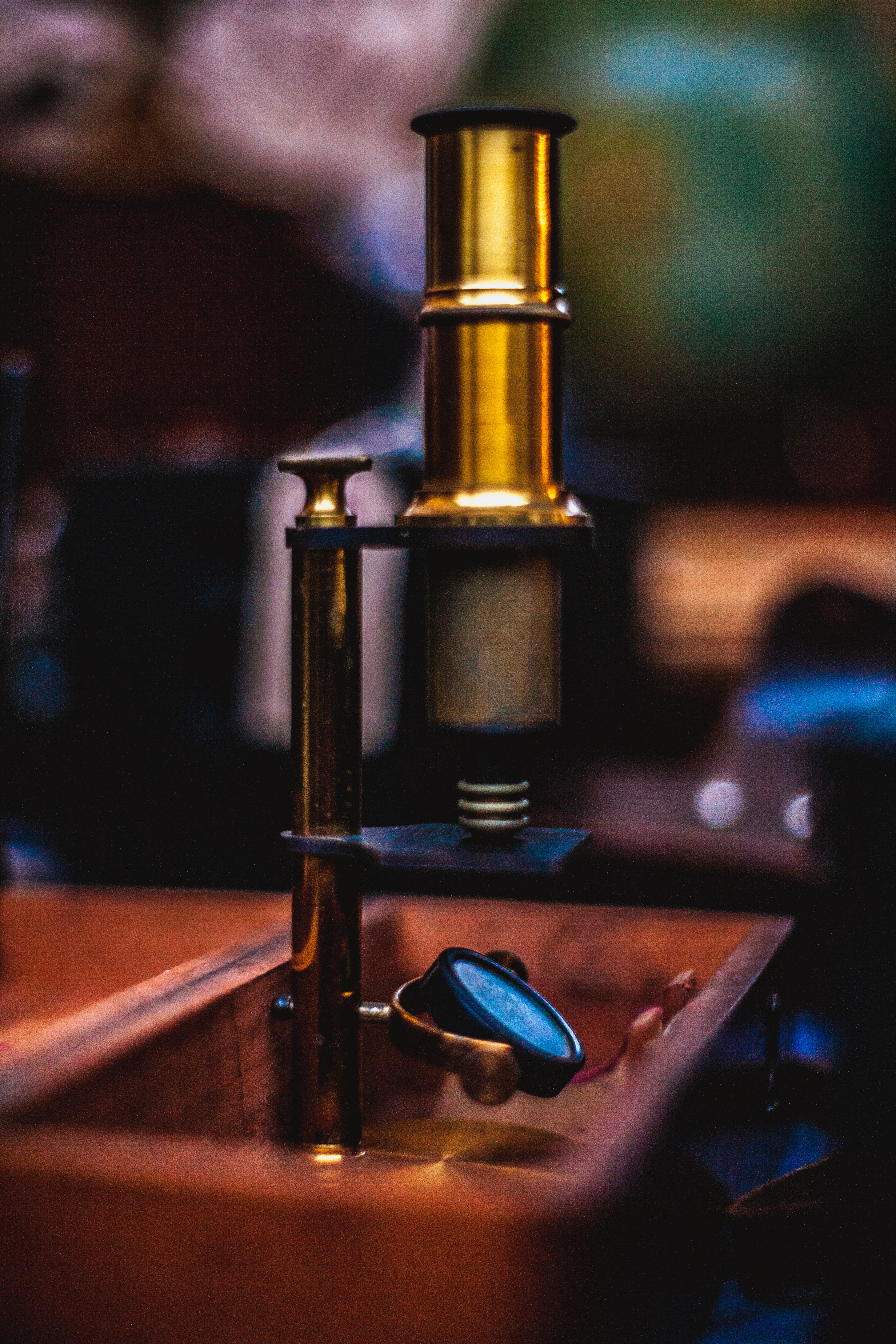I’m at a research centre in India. They’re medics and scientists here, exploring a microscopic world about which I’m ignorant. They’re stripping apart the DNA of the bacteria that causes leprosy. There’s a whole world beyond the naked eye that few of us have seen or even imagine.
Drinking coffee, my colleagues told me the following story.
Lord Randal’s son fell into a Scottish lake and was rescued by a young farm boy named Alex. Some time later the Scottish Lord contacted Alex’s father and, in gratitude, offered to sponsor the boy’s education: a welcome gesture given that Alex was the 6th of 7 children. Alex would go on to graduate with a distinction in medicine in 1906.
Lord Randal’s family name was Churchill. His rescued son, Winston, was 7 years older than Alex Fleming.
Alexander and Winston’s paths would part until 1943. By that stage, Alexander Fleming was professor of bacteriology at University of London where, 15 years earlier he accidentally discovered penicillin.
Come 1943 and Winston Churchill was, the story goes, seriously ill. As luck would have it, it was pneumonia and Fleming’s penicillin was dispatched to Churchill, saving his life for a second time.
Wow! I sat back amazed at this story. How’s that for luck‽ coincidence‽ chance‽ a case of being in the right pace at the right time‽ maybe even a divine hand‽
I’d never heard it before, but the story has, apparently, been known since 1944, the year after Churchill’s illness. The problem is, it’s simply not true. Fake news, if you like! Well parts of it are true and parts aren’t.
Yes, Churchill had pneumonia in 1943 and he was cured: not with penicillin but with sulfadiazine which had no connection to Fleming.
Yes, Alexander Fleming discovered penicillin. And, yes, he discovered this world changing drug by accident.
No, Churchill’s father did not write to Mr Fleming. Fleming had died by the time Alex was 7. While not impossible, it’s unlikely that a child younger than 7 rescued a 14 year old from a lake.
So, Alexander Fleming did not save Churchill’s life: not a first time, not a second. But, it’s estimated that his discovery has saved a mere 200 million lives worldwide… and counting.
But, let’s not miss the amazing truth: penicillin was discovered by accident. It came about, apparently, when Fleming was investigating staphylococcus bacteria.
Take my advice: avoid staphylococcus infection at all costs. It causes a range of things from boils, cellulitis and impetigo to endocardium, a deadly infection of the heart.
Somehow, Fleming accidentally forgot to put a petrie dish of the bacterium in the incubator. He closed the door and headed on holiday. That holiday would change the course of human and medical history.
While Fleming was away, the culture became contaminated with a stray mold that fought with and cleaned up the bacteria. Return Fleming from holiday and discovery made!
It’s not an isolated story. Many great medical discoveries have an accidental component.
Millions of men worldwide rely on medication to improve their life quality. Drug UK92480 was tested as a drug to combat angina, intending that it would cause the blood to flow more quickly through the blood vessels. It didn’t work. Well, to be precise, it worked, just not as expected. The men in the trials reported much better blood flow, but below the belt. Sildenafil, aka Viagra, would become the fastest selling drug of all time.
Stories of chance discovery surround the X-ray, pacemaker, angiogram and even anesthesia. Of course, it’s not just chance. There’s a lot of hard work involved too. Nobody would doubt the hard work that Pfizer invested in Sildenafil aka Viagra. But searching for one thing led, by chance, to discovering something else. That’s actually the definition of “serendipity”.
I know about serendipity. I’ve seen it’s legacy first hand. A team of scientists at the Medical Research Council was working in Trinity College Dublin. Tuberculosis occupied their attention. Drug B663 aka Clofazimine, didn’t deliver for tuberculosis but became the key component in the cure for leprosy. Since it’s introduction in the 1980s, more than 8 million people and counting have been treated with Clofazimine in the fight against the world’s oldest known communicable disease.
Back to the team in India. The leprosy fighting antibiotic is more than 30 years old. There has been nothing new. So, as the bacteria’s resistance to the drug grows, a new line of defence is needed. That’s why they’re looking at stripping apart the bacteria’s DNA, preventing it from spreading or replicating.
It’s early days. They’re working hard, applying all the science available. Maybe they need more: luck‽ coincidence‽ chance‽ a case of being in the right pace at the right time‽ maybe even a divine hand‽
Anyway, isn’t chance one of the laws that governs the universe ‽



